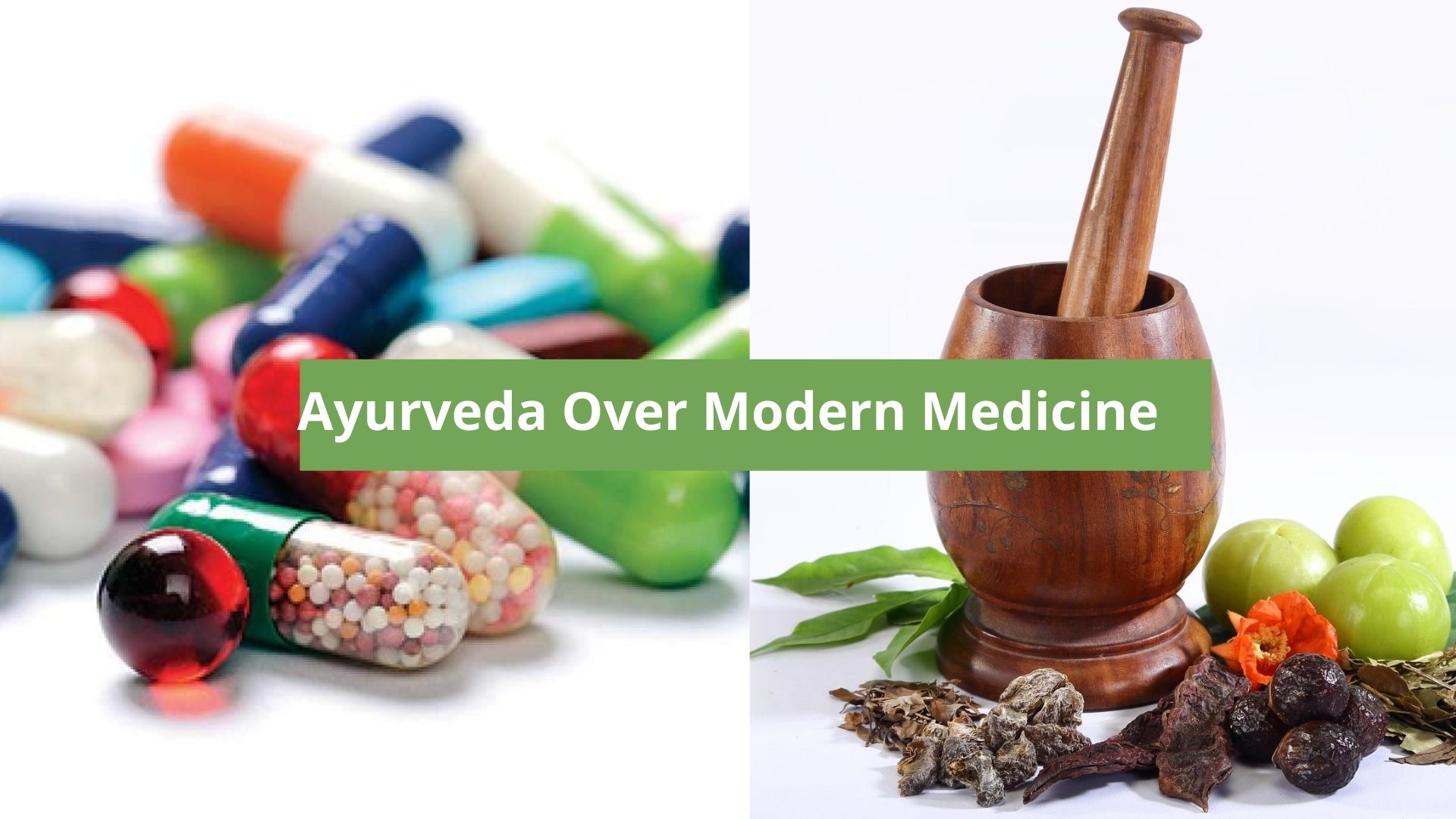In the pursuit of parenthood, many couples encounter challenges with fertility. While modern medicine has made remarkable advancements in fertility treatments, some individuals are seeking alternative approaches that take a holistic view of health and well-being. Ayurveda, the ancient Indian system of medicine, offers a unique and comprehensive approach to addressing fertility concerns. At Matruved Clinic in Pune, we provide Ayurvedic treatment for infertility and menstrual disorders, offering a natural and personalized path to enhance fertility. In this blog, we will explore the principles of Ayurveda in fertility, its effectiveness in addressing menstrual disorders, and the nurturing environment Matruved Clinic provides for those seeking a holistic approach to fertility enhancement.
Understanding Ayurveda’s Holistic Approach to Fertility:
Ayurveda considers fertility to be a reflection of the balance between mind, body, and spirit. According to this ancient system of medicine, fertility is determined by the harmony of the doshas (vata, pitta, kapha), the proper functioning of the reproductive system, and overall emotional well-being. Ayurvedic solutions for fertility encompass personalized therapies, herbal remedies, dietary modifications, and lifestyle recommendations to restore balance and optimize reproductive health.
Modern medicine and Ayurveda are two distinct systems of healthcare with different philosophies and approaches to healing. While modern medicine, also known as allopathic medicine, is based on scientific research, evidence-based practices, and the use of synthetic drugs and advanced medical technologies, Ayurveda is an ancient traditional system of medicine originating in India over 5,000 years ago. Let’s explore more about each system and their unique characteristics:
Modern Medicine:
- Evidence-Based Approach: Modern medicine relies heavily on scientific evidence, clinical trials, and rigorous research to develop and validate treatments. Medical decisions are based on scientific data and objective measurements.
- Disease-Centric Model: Modern medicine often focuses on treating specific diseases and their symptoms. Specialists are trained to diagnose and treat specific medical conditions with targeted interventions.
- Technological Advancements: Modern medicine utilizes advanced medical technologies, diagnostic tools, and surgical techniques to diagnose and treat illnesses. These innovations have led to significant advancements in medical care and improved patient outcomes.
- Synthetic Pharmaceuticals: Allopathic medicine commonly uses synthetic pharmaceutical drugs that are carefully formulated, regulated, and standardized to ensure consistent dosages and effects.
- Specialization: Modern medicine promotes specialization, where healthcare providers focus on specific areas of medicine, such as cardiology, neurology, oncology, etc.
- Acute Care: The modern medical system is highly effective in providing acute and emergency care, saving countless lives in critical situations.
Ayurveda:
- Holistic Approach: Ayurveda takes a holistic approach to health, considering the interconnectedness of the mind, body, and spirit. It views health as a balance between the three doshas (vata, pitta, kapha) and seeks to restore harmony when imbalances occur.
- Individual-Centric Model: Ayurveda focuses on the uniqueness of each individual, tailoring treatments and lifestyle recommendations based on a person’s constitution (prakriti) and current state (vikriti).
- Natural Therapies: Ayurveda emphasizes the use of natural therapies, herbal remedies, dietary modifications, and lifestyle changes to promote health and prevent diseases.
- Ayurvedic Diagnosis: Ayurvedic practitioners use methods like pulse diagnosis, observation, and patient history to assess a person’s health and determine the underlying cause of imbalances.
- Prevention-Oriented: Ayurveda places significant emphasis on disease prevention through healthy living, seasonal adjustments, and lifestyle practices that align with an individual’s constitution.
- Complementary Therapies: Ayurveda often complements modern medicine and is used as an integrative approach to healthcare, especially in chronic conditions and lifestyle-related disorders.
Both modern medicine and Ayurveda have their strengths and limitations. Integrating the two systems can provide a more comprehensive and patient-centered approach to healthcare, as they each offer unique perspectives and tools for healing. Patients can benefit from the expertise of both systems to address specific health concerns while promoting overall well-being. It is essential for individuals to work with healthcare providers who respect and understand both systems to make informed decisions about their health and treatment options.
Ayurvedic Treatment for Infertility in Pune:
- Personalized Diagnosis: At Matruved Clinic, our Ayurvedic specialists conduct in-depth consultations to identify the root causes of infertility. The personalized approach ensures that each individual receives treatment tailored to their specific needs and imbalances.
- Herbal Medicines: Ayurvedic herbs are employed to address hormonal imbalances, promote healthy ovulation, and enhance sperm quality in men. These natural remedies offer a gentle yet effective way to support reproductive health.
- Panchakarma: Panchakarma, the ancient Ayurvedic detoxification therapy, is utilized to cleanse the body of toxins and impurities that may be affecting fertility. The process helps rejuvenate the reproductive organs and optimize their functioning.
- Stress Management: Ayurveda recognizes the profound impact of stress on fertility. Stress-reducing techniques such as yoga, meditation, and pranayama are integrated into the treatment plan to foster emotional well-being and create a conducive environment for conception.
Ayurvedic Treatment for Menstrual Disorders in Pune:
- Menstrual Cycle Regulation: Irregular menstrual cycles and hormonal imbalances can impede fertility. Ayurvedic treatments aim to regulate menstrual cycles and restore hormonal equilibrium for improved reproductive health.
- PCOS and Endometriosis Management: Polycystic Ovarian Syndrome (PCOS) and endometriosis are common causes of infertility. Ayurvedic therapies, along with dietary adjustments, target the root cause of these conditions to promote fertility.
- Herbal Remedies for Menstrual Disorders: Ayurvedic herbal medicines are used to alleviate symptoms of menstrual disorders, such as heavy bleeding, painful periods, and menstrual irregularities.
The Matruved Clinic Experience:
At Matruved Clinic in Pune, we understand that every individual’s fertility journey is unique. Our experienced Ayurvedic practitioners offer compassionate and supportive care, creating a safe space for open communication and understanding. We believe in empowering our patients to actively participate in their healing process and making informed decisions about their health.
Ayurveda’s holistic approach to fertility and menstrual disorders offers a gentle yet powerful alternative to modern medical treatments. At Matruved Clinic in Pune, we are dedicated to providing personalized Ayurvedic solutions for infertility and menstrual disorders, supporting our patients on their journey to parenthood. Our expertise in Ayurvedic treatment in Pune, along with our nurturing environment, ensures that those seeking a natural approach to fertility enhancement find the guidance and care they need. Embrace the wisdom of Ayurveda at Matruved Clinic and embark on the path to fertility with confidence and hope.





